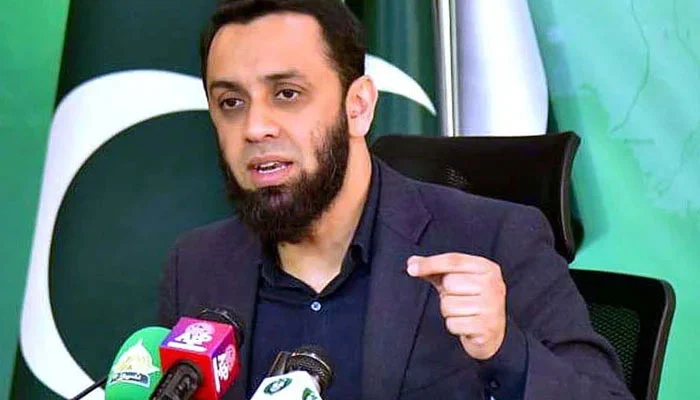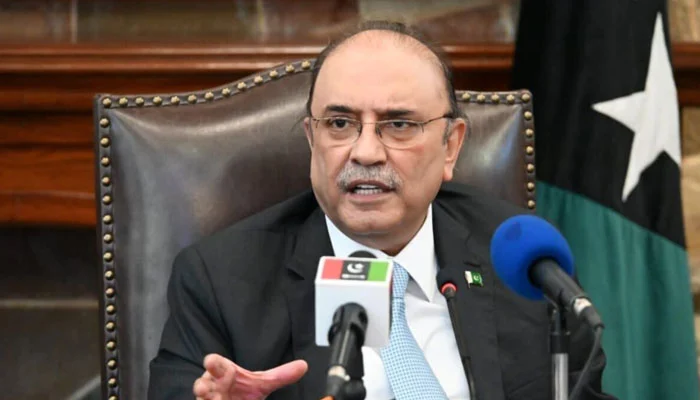The political landscape in Pakistan has been ignited with controversy as Ata Tarar, the Secretary-General of the Pakistan Muslim League-Nawaz (PML-N), accused the Chairman of Pakistan Tehreek-e-Insaf (PTI), Imran Khan, of facilitating corruption within his government. Tarar’s allegations specifically targeted the handling of the high-profile case of Farah Dogar, leading to a demand for the arrest of Bilawal Bhutto, the son-in-law of Prime Minister Imran Khan. These developments have intensified the ongoing political tussle between the ruling PTI and the opposition PML-N.
At the center of this controversy is the corruption case involving Farah Dogar, whose return to Pakistan from abroad has been sought. Imran Khan, who had pledged to create a “Naya Pakistan” (New Pakistan), is now facing accusations from the opposition regarding alleged corruption within his government. Tarar’s statements add fuel to the already tense political atmosphere in the country.
According to Tarar, the PTI government, under Imran Khan’s leadership, was instrumental in the corruption within the corridors of power. He went on to emphasize that the arrest of Bilawal Bhutto, who is directly related to Farah Dogar, should be prioritized, and a thorough investigation into the matter is imperative. These claims have sparked a war of words between the PTI and the PML-N, each accusing the other of corruption and mismanagement.
Aliem Khan, the President of the Pakistan People’s Party (PPP), responded to these allegations by stating that Farah Dogar was being victimized for political reasons. Khan argued that the PTI government was attempting to bring her back to Pakistan through state institutions and relevant agencies, expressing hope that she would return soon. The case surrounding Farah Dogar has become a focal point for political maneuvering, with each party attempting to gain an advantage in the ongoing political struggle.
Imran Khan’s response to the allegations centered around portraying Farah Dogar’s case as an instance of corruption within the PML-N government, emphasizing that the “corrupt” political machinery was being exposed. He underscored the irony of the PML-N, a party that had faced defeats in recent elections, accusing the PTI government of corruption. Imran Khan also reiterated his commitment to the principles of the state of Madina, emphasizing the need for accountability and transparency.
This latest political development comes on the heels of a press conference held by Ata Tarar in Lahore, where he revealed details of what he described as a corrupt scheme involving former Deputy Chief Minister of Punjab, Usman Buzdar. Tarar alleged that Buzdar, in collusion with front-woman Farhat Shahzadi and her husband Ahsan Jameel Gajar, had devised a plan to embezzle funds from the public exchequer. The PML-N leader further claimed that the trio had manipulated postings and transfers within the Punjab bureaucracy, benefiting financially from the scheme.
The accusations of corruption, power abuse, and political victimization paint a complex picture of the political landscape in Pakistan. The allegations and counter-allegations between the PTI and PML-N highlight the ongoing struggle for supremacy, with each side attempting to shape public perception in its favor.
The controversy surrounding the accusations of corruption involving Farah Dogar, Imran Khan, and the PTI government has injected new intensity into Pakistan’s political arena. As the allegations unfold and the political drama continues, the country finds itself grappling with the intricacies of power politics and accountability, underscoring the challenges of establishing a transparent and corruption-free governance system.



